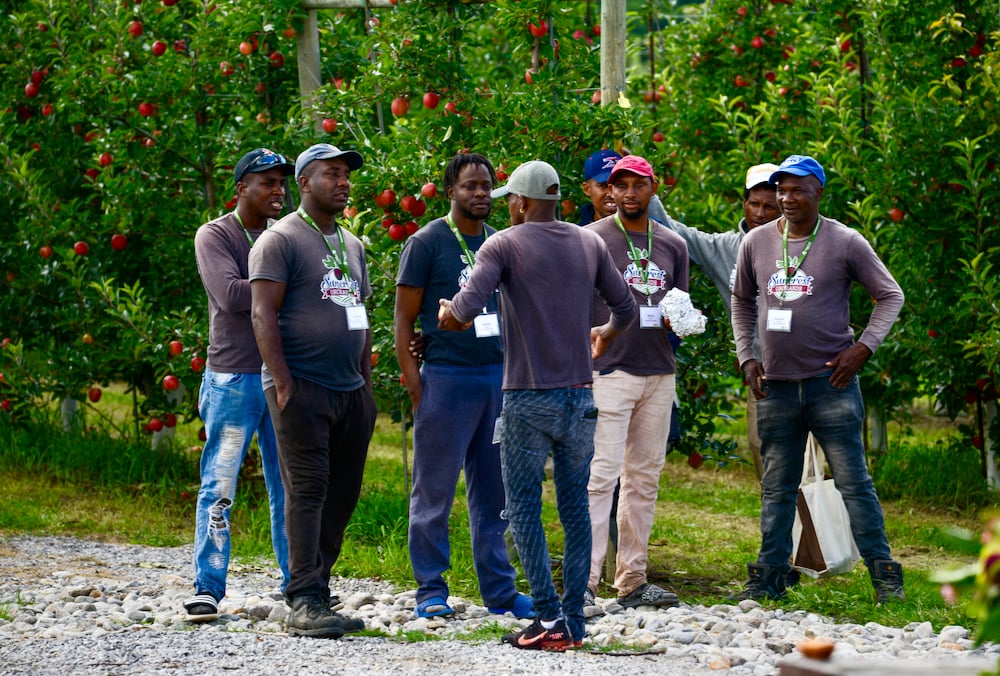Temporary foreign worker system called “Inherently exploitative”

Canada’s temporary foreign worker (TFW) program is “inherently exploitative and discriminatory,” and violates Canada’s international obligations according to a report from Amnesty International released today.
The report, titled “Canada has Destroyed Me”: Labour Exploitation of Migrant Workers in Canada was based on interviews a human rights group conducted with 44 migrant workers from 14 countries in Ontario and Quebec. It claims some of their cases amounted to violations of domestic anti-slavery and anti-trafficking legislation.
Canada’s TFW system been under increased scrutiny recently with Immigration Minister Marc Miller calling the era of an “unlimited supply of cheap labour” over in a November speech. His comments followed several reforms to the program, including limitations to numbers in areas with low unemployment and stricter oversight in “high-risk areas.”
Read Also


EU vessel sanctions weigh on Russian grain exports, central bank says
The European Union’s sanctions on vessels transporting Russian grain, along with Turkey’s wheat import ban, impacted Russian grain exports at the end of 2024, the country’s central bank said on Thursday.
Amnesty’s report also concluded that Canada’s system constitutes racial discrimination, given the makeup of migrant workers primarily coming from Central America and the Caribbean, saying “the regulations, which are on their face race-neutral, have in fact, disproportionate impacts on racialized groups.”
Amnesty’s recommendations to the federal government include:
- Granting open work permits to TFW program participants and abolishing closed permits/visas to allow workers to “change employers and jobs freely.”
- Overhauling the program to address systemic discrimination.
- Removing eligibility criteria for permanent residency which discriminate against “low-skilled workers.”
- Working with provincial authorities to improve TFWs’ access to healthcare and adequate housing.
- Ensuring migrant workers have ways to voice complaints and report cases of human rights abuses.
This isn’t the first time the Temporary Foreign Worker program has been flagged for human rights concerns. In 2023, a United Nations special rapporteur called the program a “breeding ground for contemporary forms of slavery.” A subsequent report called for reforms including an end to closed work permits, pathways to permanent residency, and addressing barriers to adequate healthcare and housing.
The Ontario Fruit and Vegetable Growers at the time took responded by saying it does “not support employers who mistreat or otherwise take advantage of people in their employ.”
A Senate report in May called for an independent agency to coordinate TFW and migrant labour policy to address a chaotic system and mistreatment of workers.
Source: Farmtario.com

